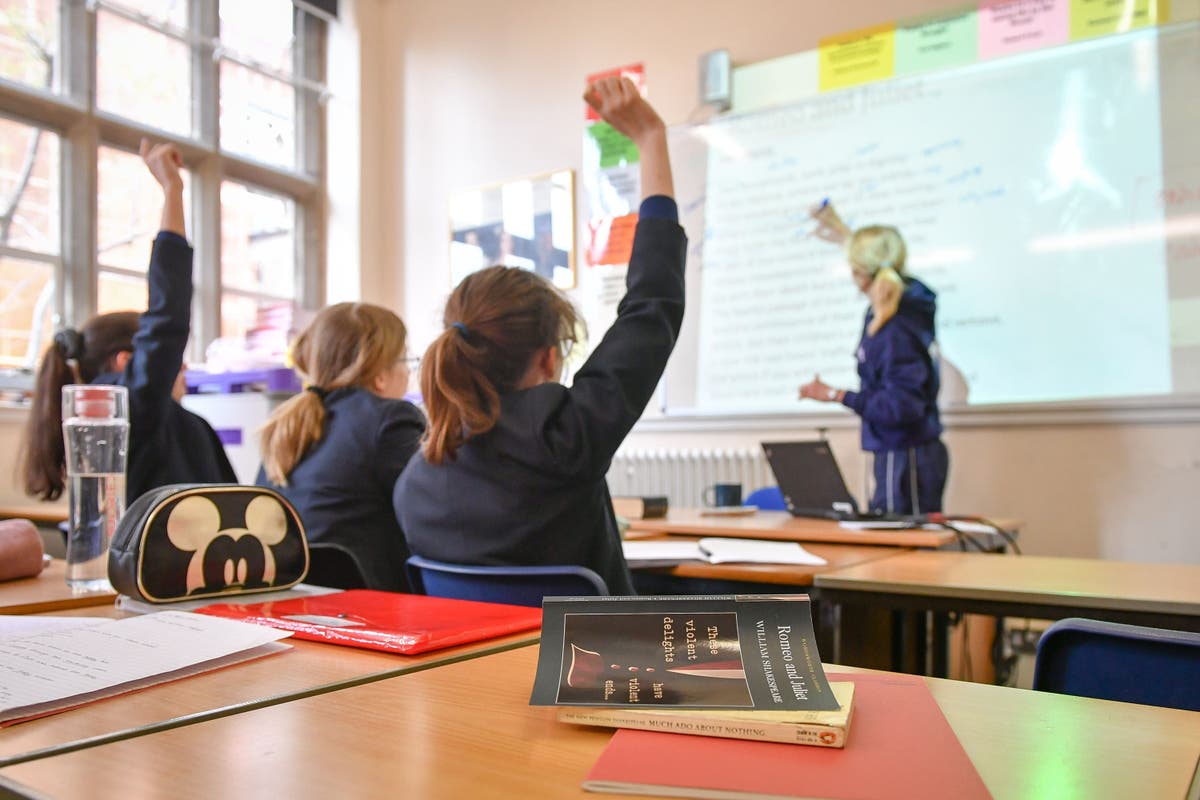Pupils in England who are absent from school during the exam years are more likely to receive worse GCSEs than their peers, an analysis has suggested.
Only 5% of children who were severely absent in both Years 10 and 11 – and just 36% who were persistently absent – achieved at least five GCSEs, including English and maths, at grades 4 or above in 2022, according to research by the Children’s Commissioner for England.
In comparison, 78% of pupils who were rarely absent in both years achieved at least five GCSEs, including English and maths, at grades 4 to 9 – which is considered a “standard pass”.
Dame Rachel de Souza, Children’s Commissioner for England, has called for urgent action to tackle absenteeism among pupils as she said inactivity risks “failing a generation of children”.
The analysis brought together the Department for Education’s (DfE) school attendance data for 2020/21 and 2021/22 with the 2022 GCSE results.
It found more than a third of pupils in England were either persistently or severely absent in either Year 10 or Year 11 during 2020/21 and 2021/22.
Overall, 182,398 pupils (32%) in England were persistently absent but never severely absent, and 22,365 pupils (4%) were severely absent.


